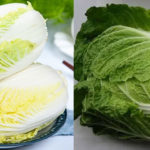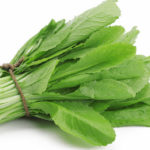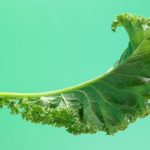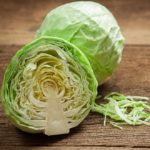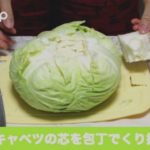Consuming too many of these foods can overload the body and be detrimental to health. Therefore, choosing the right types of foods, especially vegetables, can help minimize the negative effects of overeating and provide timely nutrition to the body.
If you are struggling to choose “detox” vegetables after the Lunar New Year, you can choose vegetables that are rich in vitamins and minerals to supplement your body’s nutrition. Here are some popular vegetables that you should consider:
1. Cabbage – helps with bowel movement and anti-aging
Cabbage is rich in vitamin C, vitamin E, β-carotene, etc. which have certain antioxidant and anti-aging effects.
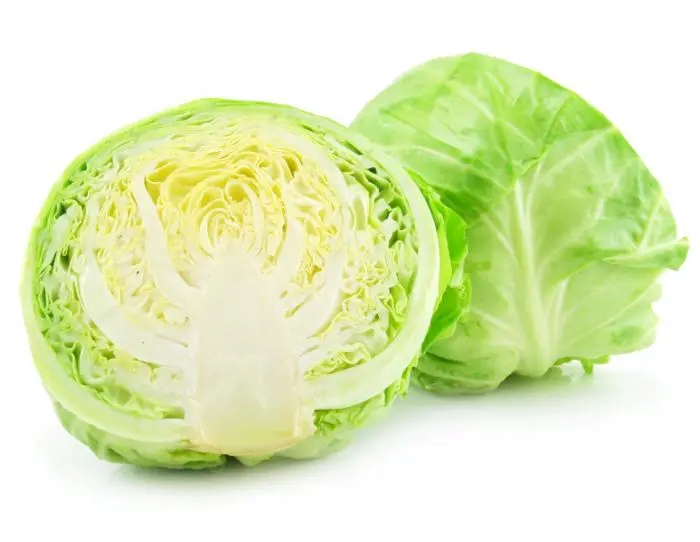
In addition, cabbage contains a small amount of raffinose oligosaccharides. Raffinose is not digested by the human stomach and intestines, but it can directly reach the elderly intestines and be decomposed and utilized by bifidobacteria, thus promoting bowel movement.
2. Mushroom – promotes calcium absorption and strengthens bones
Mushrooms have a high calcium content, which promotes bone development and increases bone density. Vitamin C in mushrooms also promotes calcium absorption. Patients who have had fractures can promote the bone healing process by eating mushrooms.
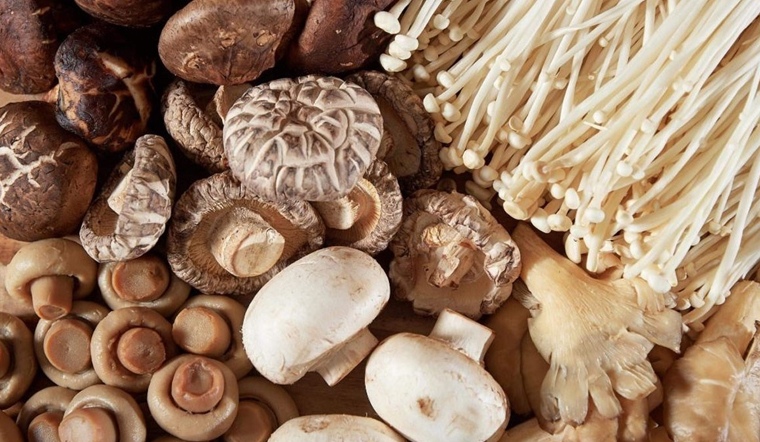
Mushrooms also have the effect of reducing swelling, resolving phlegm, and patients with bruises should also eat mushrooms to promote swelling and reduce joint swelling and pain caused by low-grade inflammation.
3. Swiss chard – reduces fever, nourishes blood, promotes blood circulation, and benefits the stomach
Swiss chard or beet greens are a type of plant in the Chenopodiaceae family. It benefits the liver, stomach, intestines, and elderly intestines. It has the functions of clearing heat, detoxifying, promoting blood circulation, benefiting the stomach, and is often used to treat headaches, dizziness, red eyes, glaucoma, thirst, constipation, and hemorrhoids. In addition, Swiss chard is rich in carotenoids, vitamin C, vitamin K, and other nutrients.
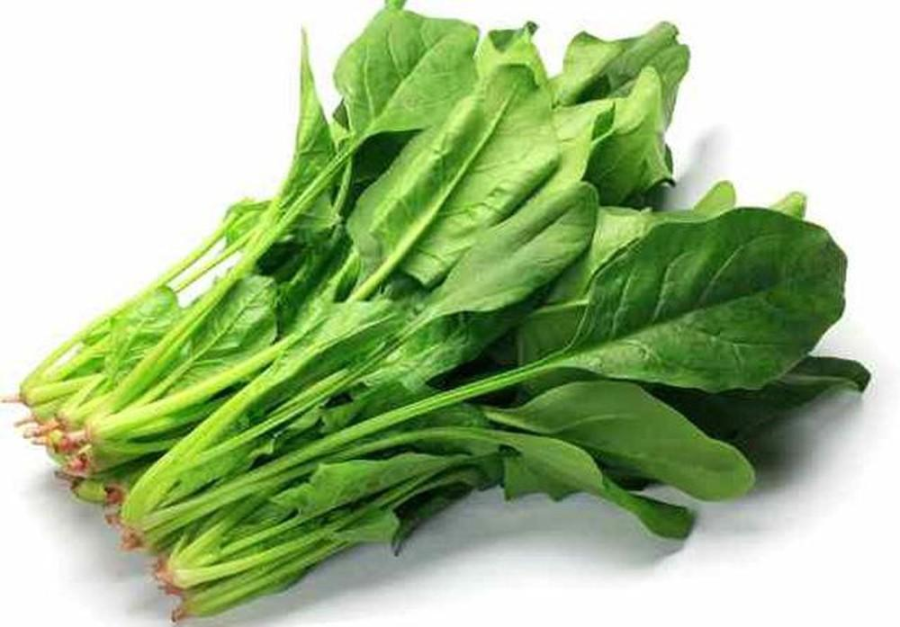
Swiss chard or beet greens are a type of plant in the Chenopodiaceae family. It benefits the liver, stomach, intestines, and elderly intestines.
4. Carrot – nourishes the intestines, relieves flatulence, resolves stagnation, and protects vision
Carrots are rich in dietary fiber, which can promote bowel movement, nourish the spleen and stomach, resolve stagnation, and improve symptoms of indigestion and constipation.
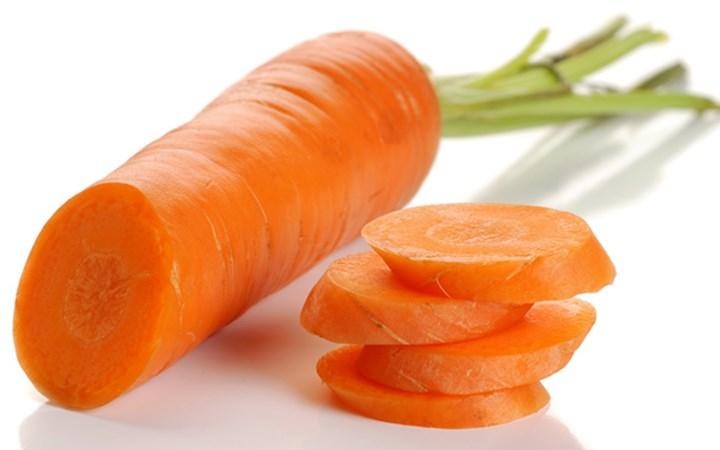
Carrots are very rich in vitamin A, which helps maintain the cycle of visual pigments in low-light conditions, reduces eye fatigue, and prevents glaucoma, dry eyes, and other eye diseases. Carrots are also rich in vitamin C, an antioxidant that helps fight aging.
“Boy Amazes Friends with Cabbage Smash Performance”
Want a simple and effective way to core a cabbage? Give this method a try and spread the word!
























